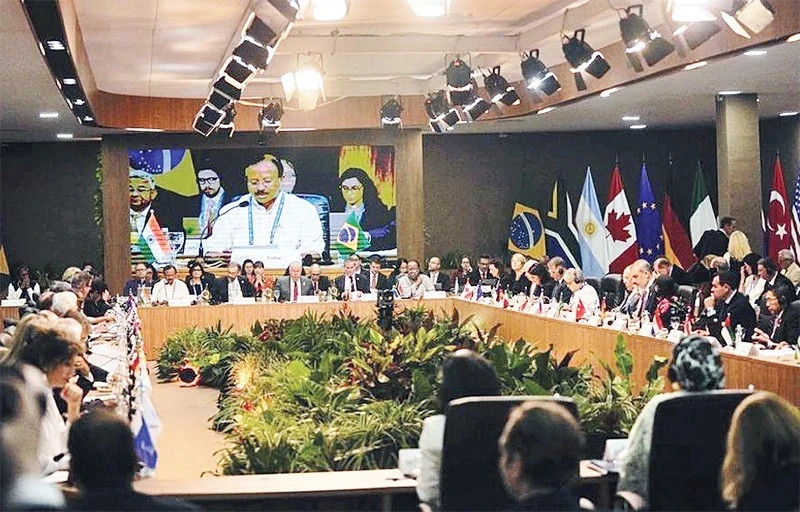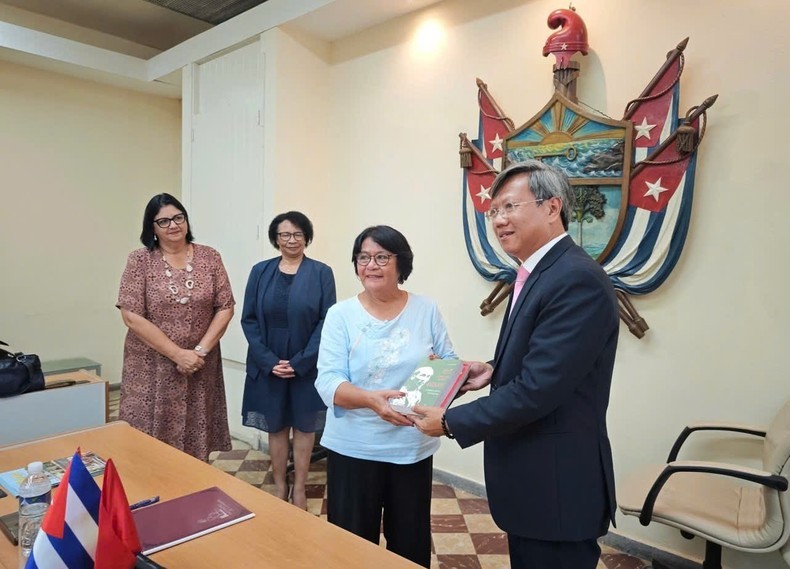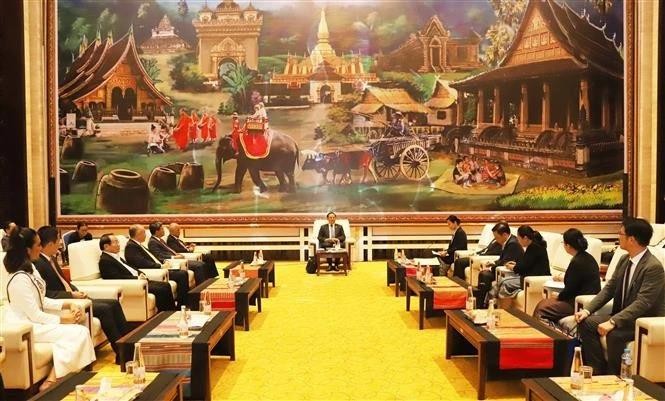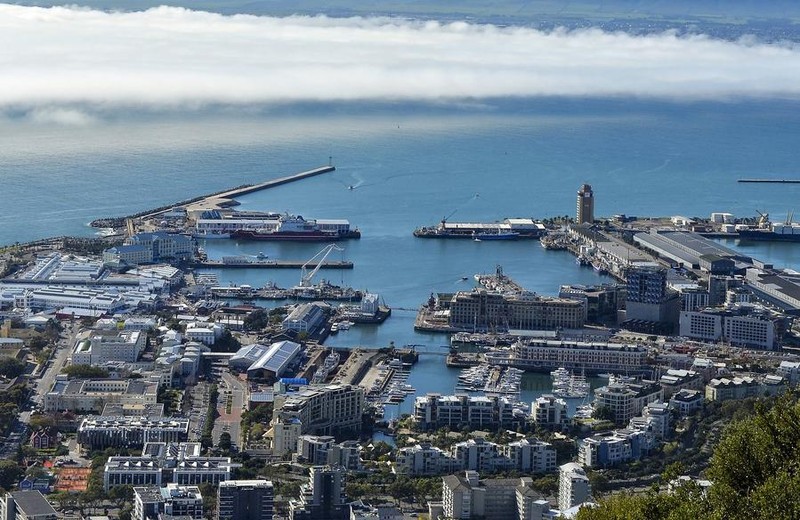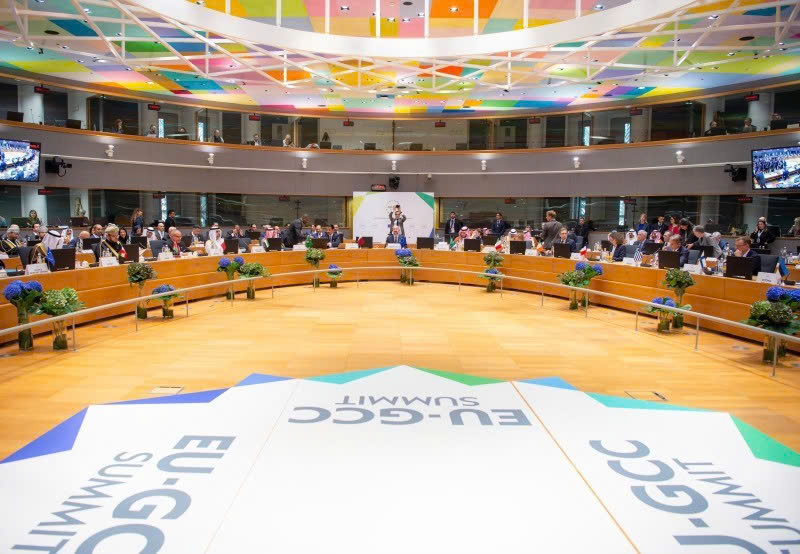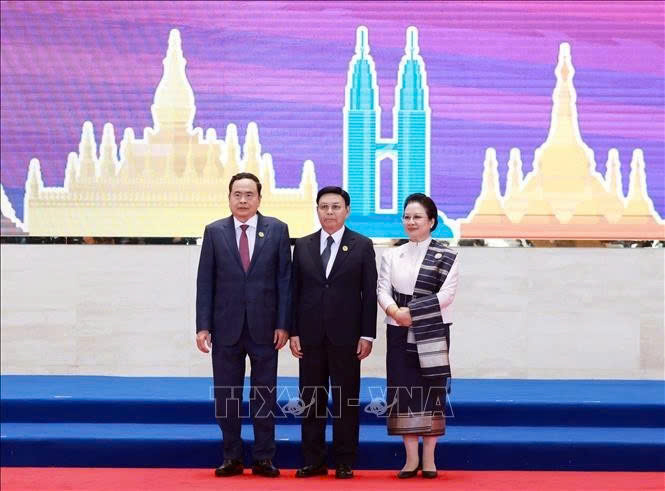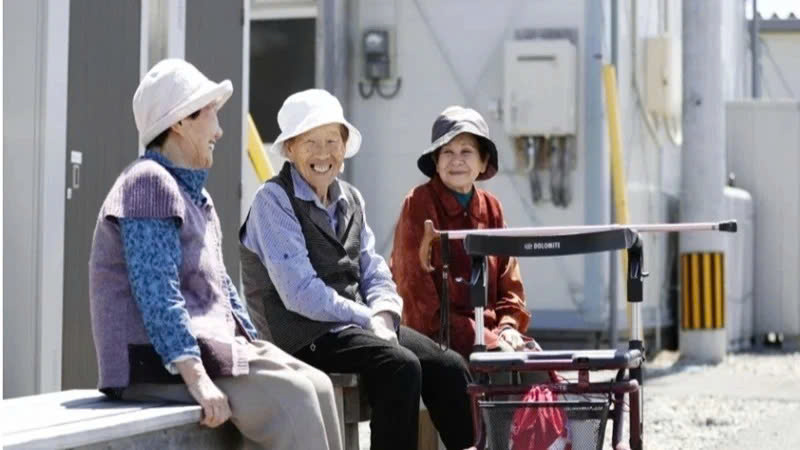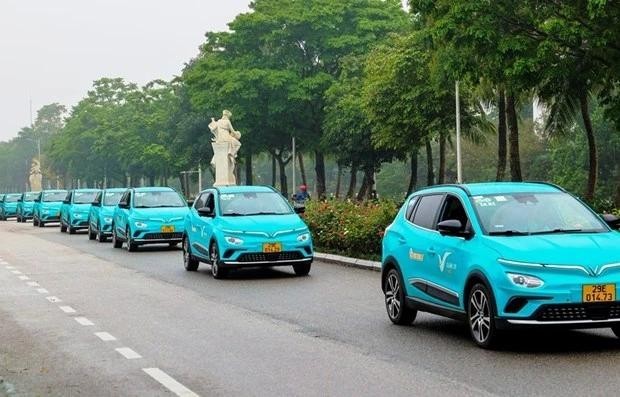The meeting took place in the context of conflicts and geopolitical instability that have increased tensions around the world. As the first ministerial meeting of the G20 in 2024, the agenda proposed by the Brazilian Government focuses on three areas, including the fight against inequality and poverty; sustainable development and energy transition; and reform of global governance.
This is a priority and urgent programme as Brazil seeks to expand the influence of South countries in the G20. In addition, Brazil also plays an important role in directing the anti-piracy task force in the Red Sea to promote maritime security and regional stability.
The meeting assessed the global situation and ongoing conflicts. Brazilian President Lula da Silva has repeatedly called for an immediate ceasefire in the Gaza Strip, and emphasised the importance of increasing Africa’s participation in international cooperation.
He said that G20 can contribute to preventing conflicts and improving global governance by proposing institutional reforms. G20 Foreign Ministers agreed that the two-state solution is the only feasible way to resolve the conflict between Israel and Palestine. The ministers stressed that there will be no lasting peace and security for Israel unless the Palestinians achieve clear political prospects in building their own state.
Speaking to the press about the results of the meeting, Brazilian Foreign Minister Mauro Vieira said that delegates emphasised the important role of the United Nations in preserving peace, security and sustainable development, however, there is a need for reform of the UN Security Council with the participation of more countries. Minister Vieira stressed that reform of the global governance system is an urgent issue and top priority, not only at the United Nations, but also at the World Bank (WB), International Monetary Fund (IMF) and the World Trade Organization (WTO).
Contributing 85% of global GDP, over 75% of global trade value and accounting for about two-thirds of the world’s population, the G20 is promoting its pioneering role in removing bottlenecks in global issues and cooling hot spots. Brazil highlighted concerns about inequality and climate change globally, and criticised countries for lacking concrete action to address these existential threats. Brazil also expressed concern that the world spends more than 2 trillion USD on the military budget each year, instead of investing in development aid programmes.
The G20’s top priority in 2024 is reforming global governance, along with limiting climate change and reducing poverty. However, with ongoing conflicts in Ukraine and the Gaza Strip, diplomats are not optimistic about the ability of G20 member countries to easily agree on proposals to improve global governance. Brazilian diplomat Mauricio Lyrio said that the world is witnessing unprecedented expansion of conflicts and a lack of governance to respond to challenges.
The recent Foreign Ministers’ Meeting reviewed the 2024 programme and plan to prepare for the G20 Summit to take place next November in Rio de Janeiro. The priority areas of the agenda are the fight against inequality, poverty, promotion of sustainable development and energy transition, along with reform of global governance, demonstrating the efforts of G20 to respond to global challenges.
Source: NDO

